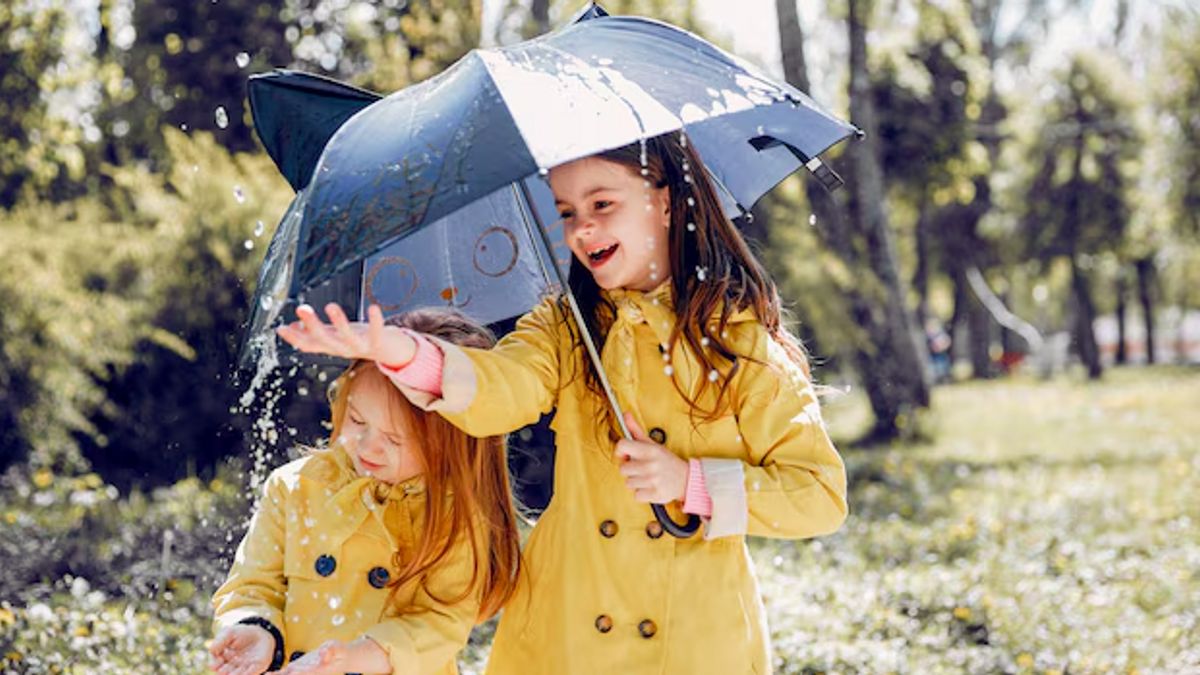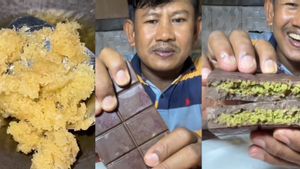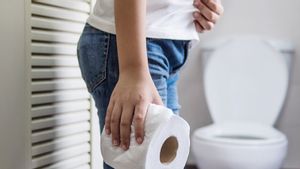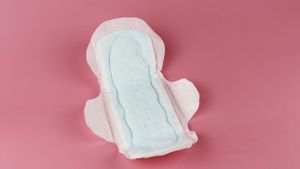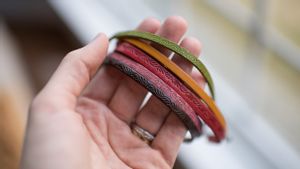JAKARTA - When the rainy season arrives, it is not uncommon for children to play rain cheerfully, without wearing footwear or protective clothing. This activity is often considered by parents as a trigger for children to get sick easily. However, is this assumption true?
According to dr. Ngabila Salama, a Public Health Practitioner, playing in the rain doesn't actually make children sick easily. He conveyed this when interviewed by ANTARA in Jakarta, Tuesday.
"The main cause of a child falling ill is if the immune system decreases," explained Ngabila.
In addition to weakened immune system, another factor that triggers disease is the entry of germs, bacteria, fungi, or viruses into the body.
The presence of foreign substances in the body can increase the risk of various diseases, such as upper respiratory tract infections (ARI) which cause cough and runny nose, pneumonia, dengue fever, diarrhea, hepatitis A, leptospirosis, skin disease, and Singapore flu.
Ngabila also warned that playing in the rain could carry other risks, such as wounds from sharp objects, snake deaths, or exposure to dirty flood water. This condition can cause skin infection or other diseases.
"Therefore, it is important for anyone, including children, to always wear footwear when playing outside," he added.
To prevent disease, parents must ensure that children get adequate nutritional intake, especially from foods rich in water such as oranges, watermelons, cucumbers, lettuce, and broccoli. In addition, paying attention to hydration is also important so that children are not dehydrated. Ngabila suggests that children regularly drink a glass of water before and after doing activities, including worship.
"Children shouldn't wait until they feel thirsty to drink," he said.
SEE ALSO:
Foods rich in vitamins are also very helpful in maintaining endurance. Vitamin C, which is found in oranges, mangoes, and strawberries, as well as vitamin D3 that can be found in sea fish such as tuna, salmon, tuna, or dairy products such as yogurt and cheese, is highly recommended.
"For children under five, the provision of iron supplements and folic acid is also important to prevent anemia," he added.
If the child shows symptoms of illness, parents are advised to monitor his condition carefully. If there is no repair after two to three days of treatment at home, immediately take the child to the nearest health facility.
"Immediately carry out an examination at the hospital if the child's condition does not improve even though he has received initial treatment," concluded Ngabila.
The English, Chinese, Japanese, Arabic, and French versions are automatically generated by the AI. So there may still be inaccuracies in translating, please always see Indonesian as our main language. (system supported by DigitalSiber.id)
